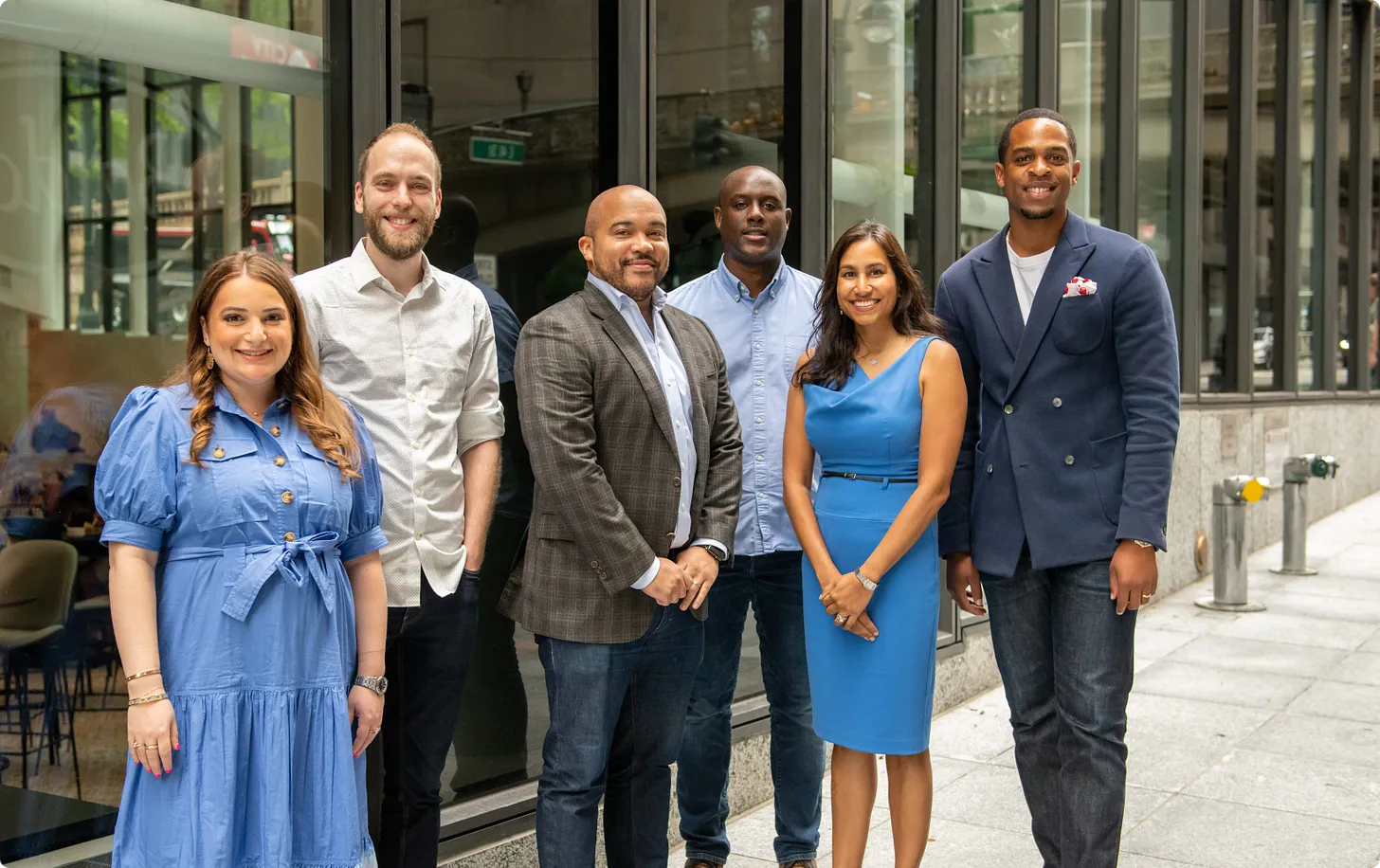
Background
Across the country, many cities large and small are undergoing a transformation. Some may refer to this shift as revitalization or urban renewal, characterized by infrastructure-heavy resources allocated by the public and private sector to establish or rebuild essential services and cultural activities in burgeoning metropolitan areas.
With this rapid expansion comes promise and excitement, but there are structural and social dynamics at play. With new development, there are basic components of urban planning that must be addressed and considered, such as demographics, healthcare, access to food, education and transportation. For our purposes we’re going to focus on healthcare and demographics.
In many instances, this all plays out at the expense of community displacement and unintended outcomes. We’ve seen this movie before. To summarize the research of Cole and Franzosa, when there is sudden disruption to transform a city’s fabric and landscape, more often than not, long-term residents and minority groups are impacted the most. The cost of living goes through the roof, causing mass exodus and in some cases, new residents from various backgrounds move in, demanding new services. This dynamic has shocked every corner of the U.S., but the hope is to find balance and fairness within this new reality.
As neighborhoods evolve and the stratification shifts, there should be a strong presence of inclusive health care that addresses the needs of the community. This is where Juno Medical enters. As a New York City resident, founder and CEO of Juno, Dr. Akili Hinson has long recognized the need for modern primary care within revitalizing neighborhoods across the country. The goal for Juno is to meet the everyday healthcare needs of the 99%, with a specific focus on families, fully stratified, vibrant, and thriving.
Upon meeting Akili, we were floored by his background which spans both medicine and business. He is a cardiothoracic surgeon by training and a former McKinsey consultant with expertise in value based care and digital transformation.
As we got to know Akili and his co-founders Aarti, Alex and Desmond more intimately, it was clear to us that this was one of the most qualified teams to take on the arduous mission of (1) democratizing access to high quality, inclusive care delivery, and (2) aligning incentives with outcomes further down the road.
The Beginning
In April 2020, Juno opened its first clinic in Harlem, which consisted of just three patient rooms at the time. Despite its fledgling start, Juno served as a beacon of stability by providing families with the routine primary care that was still desperately needed amidst the pandemic.
Community residents were forced to forgo routine (but necessary) visits such as annual wellness exams or women’s health screenings as providers became overloaded with COVID-related engagements, leaving tens of thousands unchecked and at risk for developing chronic conditions.
The goal for Juno was not just to provide a stop gap for near-term primary care provider inadequacy, but to provide a long-term, trusted health care provider for the neighborhoods and communities it serves.
Local evangelism of the welcoming and consumer-friendly patient experience helped to increase awareness and drive brand trust, generating tailwinds to patient acquisition going forward.
Notably, Dr. Shante Hinson, who had years of physician leadership experience and was renowned in the region for specialty care, stepped up to lead the initial clinical efforts for the three-room practice despite the stability that health systems like Columbia University Medical Center offered her.
Today, she stands as one of Juno’s founding physicians, practicing as a rheumatologist and preventative health expert dedicated to bridging the healthcare gap in Juno locations.
Opportunity Framing
The core theme that drives our investment thesis at Next Ventures is the concept of whole person health, which focuses on the synthesis of both formative (fitness, wellness, social determinants of health or SDoH) and clinical layers of care.
Primary care sits within the clinical layer and practicing providers (PCPs) are in a unique position to proactively identify gaps-in-care and head-off issues before they cascade into more expensive downstream medical problems and hospitalizations.
Moreover, PCPs can encourage more efficient use of resources, such as generic drugs, and better address SDoH given their ability to take a more personalized and holistic perspective on their patients. This is particularly important across underserved patient populations.
💡 Case in point: Further illustrating the importance of accessing primary care, it took our Managing Partner and long-term San Francisco resident, Julian Eison, over two years to find an African American PCP to care for his family in a culturally sensitive way. For background, in 1990, African American’s represented 10% of the total population in SF. Today, less than 5%. Zooming out, only 3% of clinicians in CA identify as Black. Where there is demand for cultural competence in care, it’s assumed waitlists will continue to grow. The aforementioned population shifts point to a looming supply constraint on the provider side. The care gap is widening, thus impacting long-term health outcomes for millions of people.
Ultimately, primary care’s whole person approach towards delivering care allows providers to increasingly take on risk, with longitudinal care models further enabled by technology, panel scale and strong patient retention (via trust and patient satisfaction).
For those interested in our full thesis on tech-enabled primary care, see here.
Final Thoughts
Juno’s genuine approach of infusing local culture into a modern, hybrid care model conveys an authentic commitment to community-based care and has garnered trust across all walks of life in the neighborhoods that they serve.
It’s this trust that will provide a continuum of care for underserved markets, starting with elegantly designed primary care while also including closed-loop referrals within the networks of partnering regional health systems where needed.
We are overjoyed by the support of the thousands of patients who trust Juno with their care and we could not be more proud to play a part in this effort to build community trust with care outcomes to match.
Every month we write a piece encompassing themes within our whole-person health investment thesis. If you would like to receive it directly in your inbox, subscribe now.


